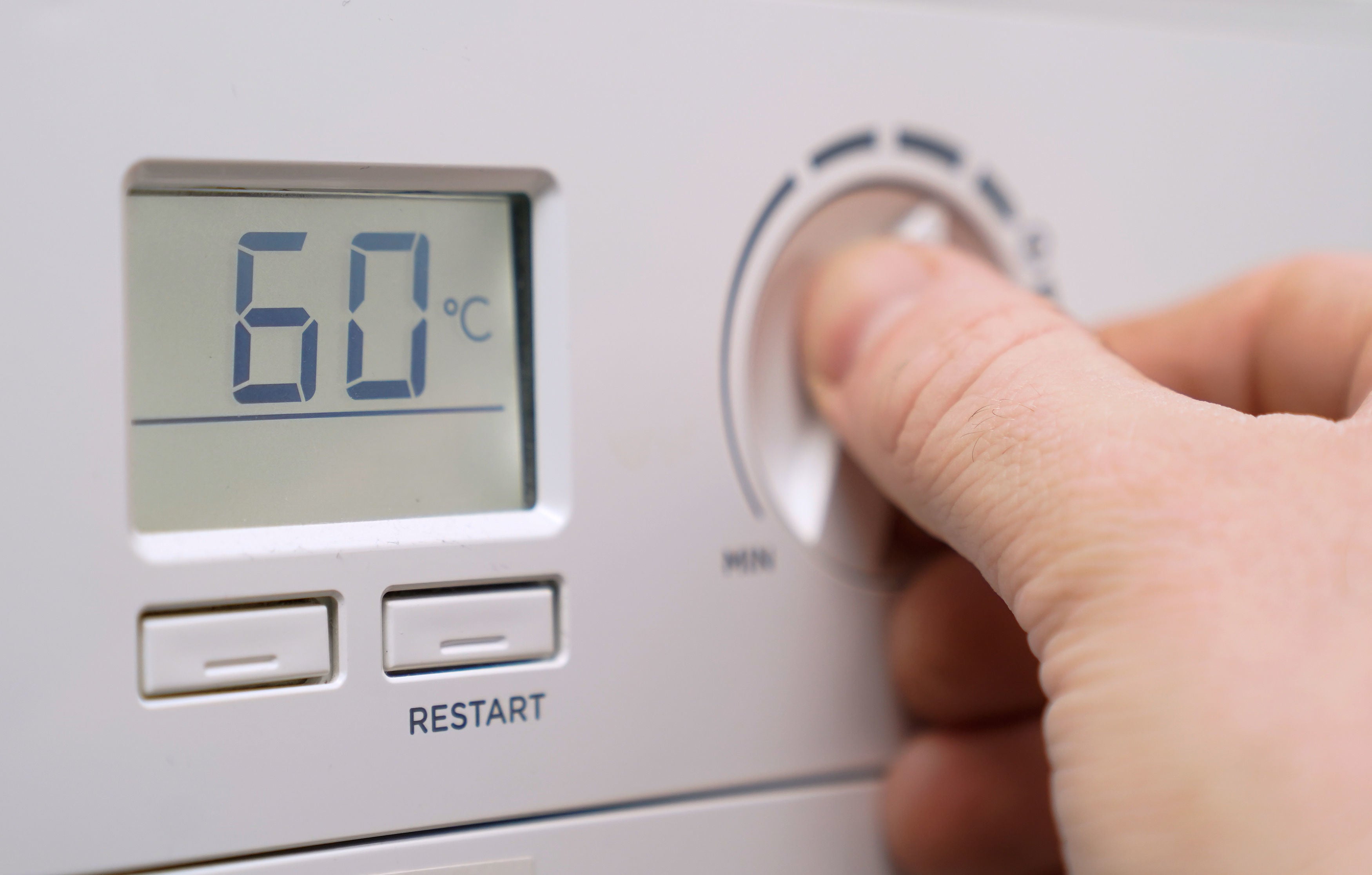Family of four forced to shower once a week due to surging energy bills
Families are reeling from the largest drop in living standards in 40 years

A family of four has been forced to shower once a week in an attempt to keep their energy bill down.
The cutbacks highlight measures families across the UK are taking to survive some of the toughest living standards in 40 years, driven by rising inflation, the war in Ukraine and increased food costs.
The Atmane family from Fulham, southwest London, said the pressures of the cost of living crisis had become extremely difficult after the pandemic.
A mother of teenage girls aged 13 and 14, Zahia Atmane said they could afford to buy only essential food and had to rely on a local food bank – Dad’s House.
“It’s a big pressure, especially when you have kids. We try to deal with this crisis, but prices are getting very high every day,” Zahia told The Independent.

Since her husband lost his restaurant job during the pandemic, Zahia added, things had been extremely hard for the family – with the rising energy costs they’d had to limit the amount of times they cook each week and limit showering to once a week to reduce energy bills.
“We cut down on a lot of things, such as buying clothes, buying the branded shampoo or soap,” she added, “and now we just buy the essential things, non-branded, from Tesco or Sainsbury’s.”
Zahia said Dad’s House had been a great help in providing food items, but the pressures of surviving price surges still presented challenges.
“It’s been very hard for the kids, especially when at this age they ask for a lot of things. We try to explain things, but it’s very hard,” Zahia added.
“We’re getting very sick because of all these things. I’m stressed and depressed.”
Zahia, who is unable to work because of a back condition, said her family welcomed the additional support from the government as her husband sought full time work.

The story of the Atmane family is similar to that of pensioner Elsie, whose case was highlighted to Boris Johnson on Good Morning Britain earlier this year.
The 77-year-old said that she tried not to turn the heating on too much, bought only yellow-sticker discounted food and used her Freedom Pass to spend the day travelling on the bus so she could save on energy at home.
In a major U-turn last week, chancellor Rishi Sunak announced a £5bn temporary windfall tax of 25 per cent on oil and gas companies to help fund a £15bn package of assistance for households struggling in the cost of living crisis.
Mr Sunak said that almost all of the eight million worst-off households in the UK would benefit to the tune of £1,200. That would include a £650 cost of living payment for the poorest, a one-off £300 payment to eight million pensioner households and £150 each to six million disabled people.
Cost of living: how to get help
The cost of living crisis has touched every corner of the UK, pushing families to the brink with rising food and fuel prices.
- The Independent has asked experts to explain small ways you can stretch your money, including managing debt and obtaining items for free.
- If you need to access a food bank, find your local council's website using gov.uk.https://www.gov.uk/find-local-council and then use the local authority's site to locate your nearest centre. The Trussell Trust, which runs many food banks, has a similar tool.
- Citizens Advice provides free help to people in need. The organisation can help you find grants or benefits, or advise on rent, debt and budgeting.
- If you are experiencing feelings of distress and isolation, or are struggling to cope, Samaritans offers support; you can speak to someone for free over the phone, in confidence, on 116 123 (UK and ROI), email jo@samaritans.org, or visit the Samaritans website to find details of your nearest branch.
And he said he would double the assistance with energy bills on offer to all households this autumn from £200 to £400 and convert the payment from a loan to a grant.
However, economists have warned that the intervention might not be enough.
Paul Johnson, director of the Institute for Fiscal Studies, told BBC Radio 4’s Today programme: “I think the biggest risk here is that the chancellor will be tempted to do this again and again, and I think if that happens we really could be in for a bit of trouble.
“He has got the most extraordinarily difficult decisions to make later this year on public sector pay, and then I suspect he will be under pressure again this time next year when energy prices will still be high and households will still be struggling to put more money in.”






Join our commenting forum
Join thought-provoking conversations, follow other Independent readers and see their replies
Comments